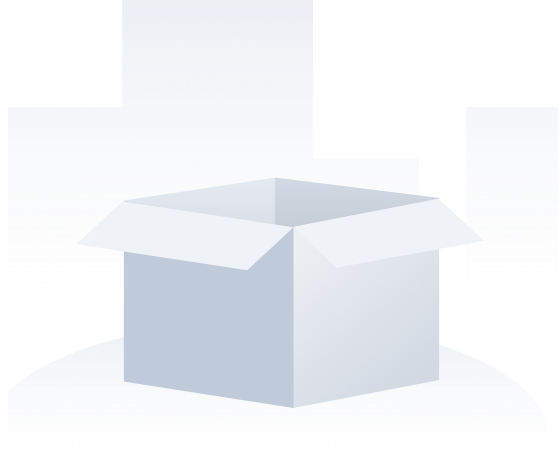
WAD
项目开始时间

2021年7月1日
关于
Background IntroductionWardenSwap is a decentralized exchange (DEX) platform focused on providing advanced trading tools and cross-chain interoperability. The project emphasizes security and transparency, with a partially doxxed team (key members publicly identified). The platform targets both retail and institutional traders, offering features beyond basic swap functionality. The .com domain suggests a more professional approach compared to meme-oriented platforms.Website Core ContentThe homepage features a dark-themed interface with professional-grade charts (TradingView integration). Key sections include: Multi-chain Swap (supports Ethereum, BSC, and Polygon), Limit Order functionality, and Portfolio Tracking. Unique elements are the institutional liquidity pool and whale alert system that monitors large transactions.Technical FeaturesThe platform combines hybrid AMM/order book model for improved price execution. It implements zero-knowledge proofs for privacy-preserving trades. Technical highlights include cross-chain atomic swaps (without bridges) and dynamic slippage protection. All smart contracts have undergone triple-audit by PeckShield, CertiK, and Hacken.Token EconomicsWARD token has fixed supply of 100 million, distributed as: ecosystem 40%, team 20% (4-year vesting), liquidity mining 25%, public sale 15%. Utility covers: fee reduction (up to 50%), governance voting (quadratic weighting), and premium feature access. Deflation comes from 0.05% transaction burn.Competitor ComparisonVs. 1inch: supports 3 fewer chains but 30% faster cross-chain swaps. Compared to dYdX: offers spot trading only but lower fees for small trades. Unique advantages are institutional-grade liquidity and whale transaction analytics, though lacks derivatives trading.Risks And ChallengesTechnical risks involve cross-chain vulnerabilities (despite atomic swap design) and order book centralization (hybrid model dependency). Market risks include low-volume token listings (30% of pairs). Regulatory concerns center on privacy features potentially conflicting with FATF guidelines.Industry FutureRoadmap shows Q4 zk-Rollup integration and 2024 plans for institutional API. Long-term includes NFT perpetuals and RWA tokenization. Potential challenges are scaling privacy features and competing with CEX liquidity.ConclusionCore strengths are institutional focus and cross-chain innovation, though UI complexity may deter beginners. Recommended improvements: simplified interface option, more chain integrations, and clearer regulatory positioning. Success hinges on balancing advanced features with accessibility. 更多>



















 看多
看多
 看空
看空